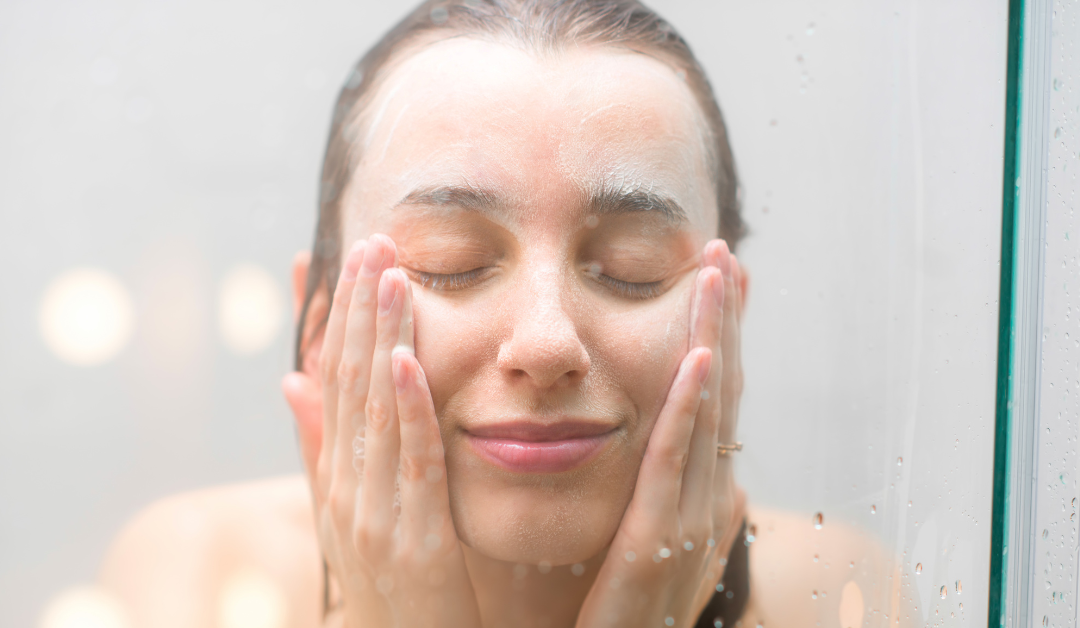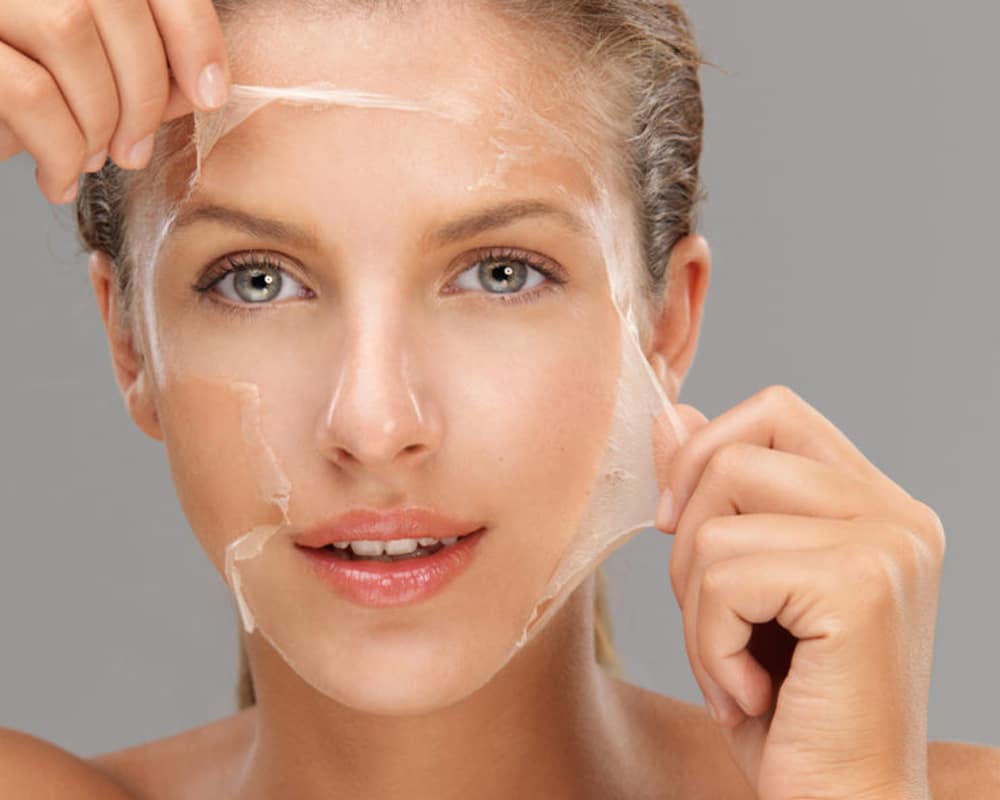Why Am I Getting Cystic Acne All Over My Body? Causes Explained
If youre a beautician, understanding the intricacies of skin conditions is vital, particularly when clients come to you with distressing issues such as cystic acne. The question that often arises is, 'why am I getting cystic acne all over my body?' This common concern can plague many individuals, and as professionals, we must be equipped to address their queries with confidence and clarity.
Cystic acne is not just limited to the face; it can appear on various parts of the body including the back, chest, and even arms. Before diving into treatment strategies, it's essential to unearth the reasons behind this severe form of acne. Understanding these causes will empower you to offer the right advice and care to your clients.

What is Cystic Acne?
Cystic acne is a severe form of acne that occurs when clogged pores become inflamed and infected. Unlike regular acne, cystic acne is larger, painful, and often leaves scars. The development of cystic acne indicates that theres a deeper issue within the skin or body that needs to be addressed.
Potential Causes of Cystic Acne
Several factors can contribute to the emergence of cystic acne all over the body:
1. Hormonal Fluctuations
During puberty, menstruation, pregnancy, or when on hormonal medications, hormonal changes can trigger the overproduction of sebum, leading to clogged pores. This condition is particularly common among individuals with hormonal imbalances.
2. Genetics
If cystic acne runs in your family, you may be predisposed to developing similar skin issues. Understanding the genetic component can help in recommending appropriate treatments for clients struggling with this condition.
3. Diet and Nutrition
Consuming a diet high in processed foods, dairy, and sugars can exacerbate acne issues in certain individuals. Encouraging clients to maintain a balanced diet rich in antioxidants and healthy fats can have a significant impact on their skin health.
4. Stress
The stress hormone, cortisol, can trigger the sebaceous glands to produce more oil, which might lead to clogged pores. Incorporating stress management techniques such as mindfulness and yoga can offer your clients not just aesthetic benefits but holistic well-being.
How to Treat Cystic Acne
Treating cystic acne requires a multifaceted approach. Below are several effective treatment strategies that you can recommend to clients:
1. Topical Treatments
Two main types of topical treatments can help reduce inflammation:
- Retinoids - These help in unclogging pores and reducing oil production. Consider recommending retinoid products, but advise clients about possible skin irritation, especially for sensitive individuals.
- Benzoyl Peroxide - A well-known treatment for acne, it can help kill bacteria and reduce inflammation.
2. Oral Medications
Depending on the severity, you may suggest clients talk to their doctors about oral medications such as:
- Antibiotics - These can help to target bacteria and reduce inflammation.
- Hormonal treatments - Birth control pills can sometimes help regulate hormones and thus control cystic acne.
3. Lifestyle Changes
Encouraging clients to adopt a healthy lifestyle can be significantly beneficial. Suggest the following:
- Stay Hydrated - Drinking plenty of water helps keep the skin hydrated and flushes out toxins.
- Healthy Diet - A balanced diet can minimize acne triggers.
- Regular Exercise - Sweat helps clear out bacteria and oils from the skin.
4. Professional Treatments
Sometimes, over-the-counter treatments are not enough. Suggesting professional treatments can help:
- Chemical Peels - These can remove dead skin and reduce the appearance of scars.
- Laser Therapy - Laser treatments target the bacteria causing acne.
- Microdermabrasion - Helps in the physical exfoliation of the skin.
Maintaining Healthy Skin
Maintaining skin health can prevent the emergence of cystic acne. Encourage your clients to stick to a consistent skincare routine:
- Daily Cleansing - Use a gentle cleanser suited for their skin type.
- Moisturize Regularly - Even oily skin needs hydration. Recommend non-comedogenic moisturizers.
- Sun Protection - Sunscreen protects against UV damage which can exacerbate skin issues.
When to See a Professional
If cystic acne persists despite at-home treatments, advise your clients to seek professional help from a dermatologist. They can provide tailored treatments that are more effective.

Frequently Asked Questions
1. Can cystic acne be completely cured?
While cystic acne can be managed effectively, some individuals may experience ongoing issues.
2. Is it safe to pop cystic acne?
Popping cystic acne is not advisable as it can lead to infection and scarring.
3. How long does it take for cystic acne to heal?
Healing can vary based on treatment and individual skin types, but it may take several weeks or months.
For further guidance on managing skin conditions, consider reading insightful articles such as those on back acne treatments or what soap helps with body acne. Understanding these resources can empower you as a beautician to provide the best care for your clients struggling with cystic acne.

